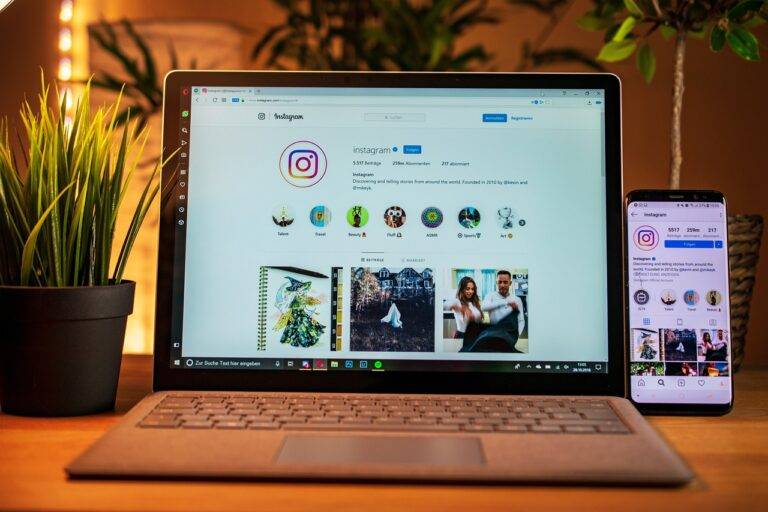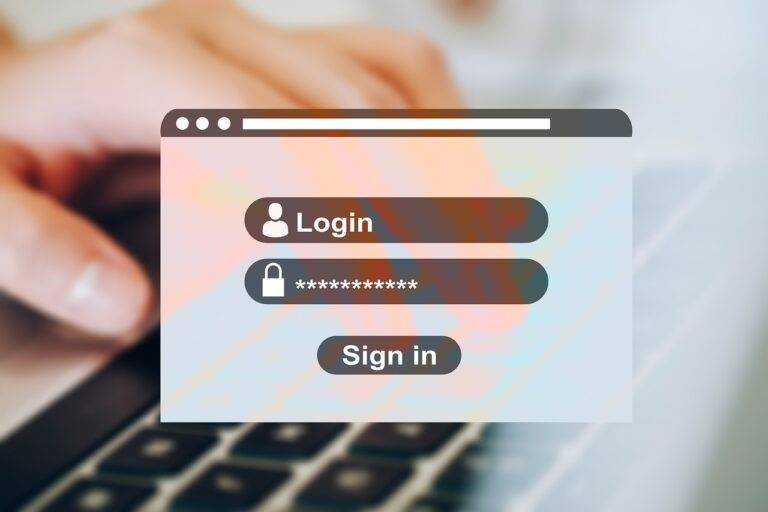Tech Solutions for Remote Healthcare Delivery
One major hurdle in remote healthcare delivery is the issue of technological barriers. Not all individuals have access to reliable internet connections or the necessary devices to engage in telemedicine consultations. This digital divide can prevent certain populations, particularly in rural or underserved areas, from receiving timely and quality healthcare services. As a result, many individuals are left without access to essential medical care due to their inability to connect virtually with healthcare providers.
Another challenge in remote healthcare delivery is the lack of direct physical interaction between patients and healthcare professionals. The absence of in-person consultations can sometimes hinder accurate diagnoses and effective treatment plans. For instance, certain medical conditions may require physical examinations or diagnostic tests that cannot be conducted remotely. As such, ensuring that remote healthcare delivery maintains a high standard of care and accuracy poses a significant challenge in the healthcare landscape.
Importance of Telemedicine in Healthcare
Telemedicine plays a vital role in revolutionizing healthcare delivery worldwide. Through remote consultations, patients can receive timely medical advice and treatment without the need for in-person visits to healthcare facilities. This is especially beneficial for individuals with mobility issues, those living in remote areas, and patients requiring frequent follow-up appointments.
Furthermore, telemedicine enhances access to specialized healthcare services that may not be readily available in certain geographical locations. This is particularly advantageous for patients seeking second opinions or specialized treatments, as they can easily connect with healthcare providers from across the globe. The convenience and efficiency of telemedicine not only improve patient outcomes but also contribute to cost savings for both patients and healthcare systems.
• Telemedicine allows patients to receive timely medical advice and treatment without the need for in-person visits
• Beneficial for individuals with mobility issues, those living in remote areas, and patients requiring frequent follow-up appointments
• Enhances access to specialized healthcare services that may not be readily available in certain geographical locations
• Particularly advantageous for patients seeking second opinions or specialized treatments
• Connects patients with healthcare providers from across the globe
• Improves patient outcomes and contributes to cost savings for both patients and healthcare systems
Telehealth Platforms for Remote Consultations
Telehealth platforms have reshaped the landscape of healthcare delivery by enabling patients to receive remote consultations from the comfort of their homes. By utilizing these platforms, individuals can connect with healthcare providers in real-time and receive medical advice without the need for in-person visits. This not only enhances convenience for patients but also helps in minimizing the burden on healthcare facilities.
Moreover, telehealth platforms facilitate better access to healthcare services, especially for individuals in remote or underserved areas. Patients who may have difficulty in physically accessing healthcare facilities can now easily consult with healthcare professionals through virtual appointments. This not only promotes timely access to medical care but also ensures continuity of treatment for chronic conditions, ultimately leading to better health outcomes for patients.
What are some challenges in remote healthcare delivery?
Some challenges in remote healthcare delivery include ensuring patient privacy and data security, technological barriers for both patients and healthcare providers, and limitations in physical examinations and assessments.
Why is telemedicine important in healthcare?
Telemedicine is important in healthcare as it allows for remote consultations, especially in areas with limited access to healthcare services. It helps in reducing healthcare costs, improving patient outcomes, and increasing convenience for both patients and healthcare providers.
What are some telehealth platforms for remote consultations?
Some telehealth platforms for remote consultations include Doxy.me, Amwell, Teladoc, and MDLive. These platforms offer secure video conferencing, messaging, and file sharing capabilities for virtual healthcare visits.





